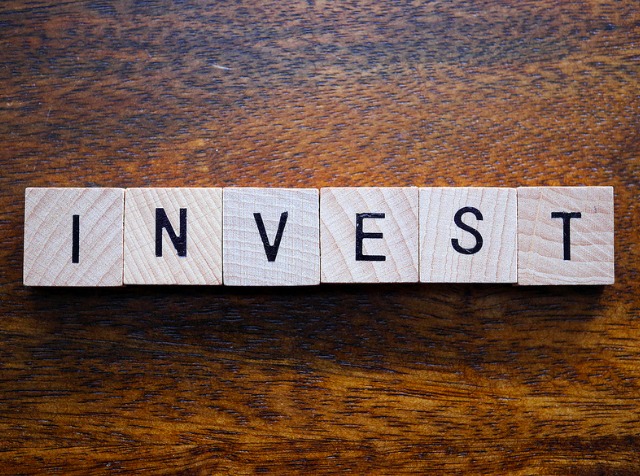By Jeremy Schwartz, CFA, Executive Vice President, Global Head of Research, WisdomTree
Liqian Ren and I recently spoke with John Davi, founder and CIO of Astoria Portfolio Advisors, an investment advisor focused solely on exchange-traded funds (ETFs).
After working in equity derivatives research at Merrill Lynch and the institutional ETF desk at Morgan Stanley, Davi started Astoria to provide investment advice to family offices and other wealth management clients. As of January 2019, Astoria manages approximately $150 million in client assets.

Astoria’s Edge
Davi believes Astoria’s edge is in using factor tilts to get risk-adjusted returns that are higher than if the investor simply owns the market.
While Astoria’s investment process focuses on a combination of macroeconomic and quantitative factors, Davi believes that factor investing can be used to achieve greater risk-adjusted returns. He believes 2018 was a good example of this, when factors like quality and low volatility started to shine.
Additionally, he believes alternatives (such as merger arbitrage) can be powerful tools in asset allocation because they allow you to generate returns that are uncorrelated with traditional stocks and bonds.
2019 Outlook
After a skeptical view of the market in 2018, Astoria is more constructive this year. Based on his views of current financial conditions and liquidity, Davi favors the U.S. and emerging markets versus Europe and Japan.
This is primarily a function of valuations, economic data and global leadership of U.S. technology and health care companies. Along with a number of other experts, he subscribes to the view that 2018 was about rolling bear markets: first in bitcoin and volatility ETFs, emerging markets during the midyear, then the U.S. starting in September.
Next, the discussion turned to the bond market. Astoria believes that cash is attractively priced relative to longer-duration fixed income. Also, it remains constructive on municipal bond-financed projects, such as airports. Based on Davi’s views of where we are in the cycle, he’d prefer not to own high-yield bonds, although he does believe a quality approach can add value.
Fed Action
While the market is currently anticipating no additional Federal Reserve (Fed) rate hikes this year, Davi believes this is not ideal. He believes that the Fed should continue to tighten in order to get further away from zero to preserve policy flexibility during the next recession.
Finally, Davi likes the idea of commodities in a portfolio because of their low correlation with stocks and bonds. However, they need to be tactically traded.
In the current environment, gold has been an attractive option given its ability to dampen volatility like we saw in the fourth quarter of 2018. In Davi’s view, lowering beta to the equity market remains a key theme for 2019.
Versions of this article first appeared on the WisdomTree blog and SeekingAlpha on February 5.
Photo Credit: Simon Cunningham via Flickr Creative Commons
Disclosure: Certain of the information contained in this article is based upon forward-looking statements, information and opinions, including descriptions of anticipated market changes and expectations of future activity. WisdomTree believes that such statements, information, and opinions are based upon reasonable estimates and assumptions. However, forward-looking statements, information and opinions are inherently uncertain and actual events or results may differ materially from those reflected in the forward-looking statements. Therefore, undue reliance should not be placed on such forward-looking statements, information and opinions.
About the Author: Jeremy Schwartz, CFA, Director of Research, WisdomTree Asset Management is responsible for the WisdomTree equity index construction process and oversees research across the WisdomTree family. Prior to joining WisdomTree, Jeremy was Professor Jeremy Siegel’s head research assistant and helped with the research and writing of Stocks for the Long Run and The Future for Investors. He is also co-author of the Financial Analysts Journal paper “What Happened to the Original Stocks in the S&P 500?” Jeremy is a graduate of The Wharton School of the University of Pennsylvania and currently stays involved with Wharton by hosting the Wharton Business Radio program “Behind the Markets” on SiriusXM 111.


